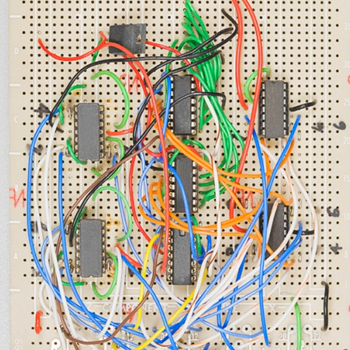There are three questions, and three choices of answer (A, B and C) for each question. If only one of the possible choices (A, B or C) is correct for each question, what is the probability of getting one answer correct?
The answer to this question is 4/9 but I don't understand it
The answer to this question is 4/9 but I don't understand it
1 Answer
Please see below.
Explanation:
(1) There are
(2) Suppose the three question is marked as (I),(II) and (III).
If the answer for question (I) is correct, those for (II) and (III) are wrong.
Since (II) and (III) have
This applies when (II) or (III) is collect, so there are
(3) In conclusion, the probabilitiy is
[What do you mean by "independent"?]
Two events
Thus, the number of events
if and only if
For example, if you roll two dices
and they are independent.

